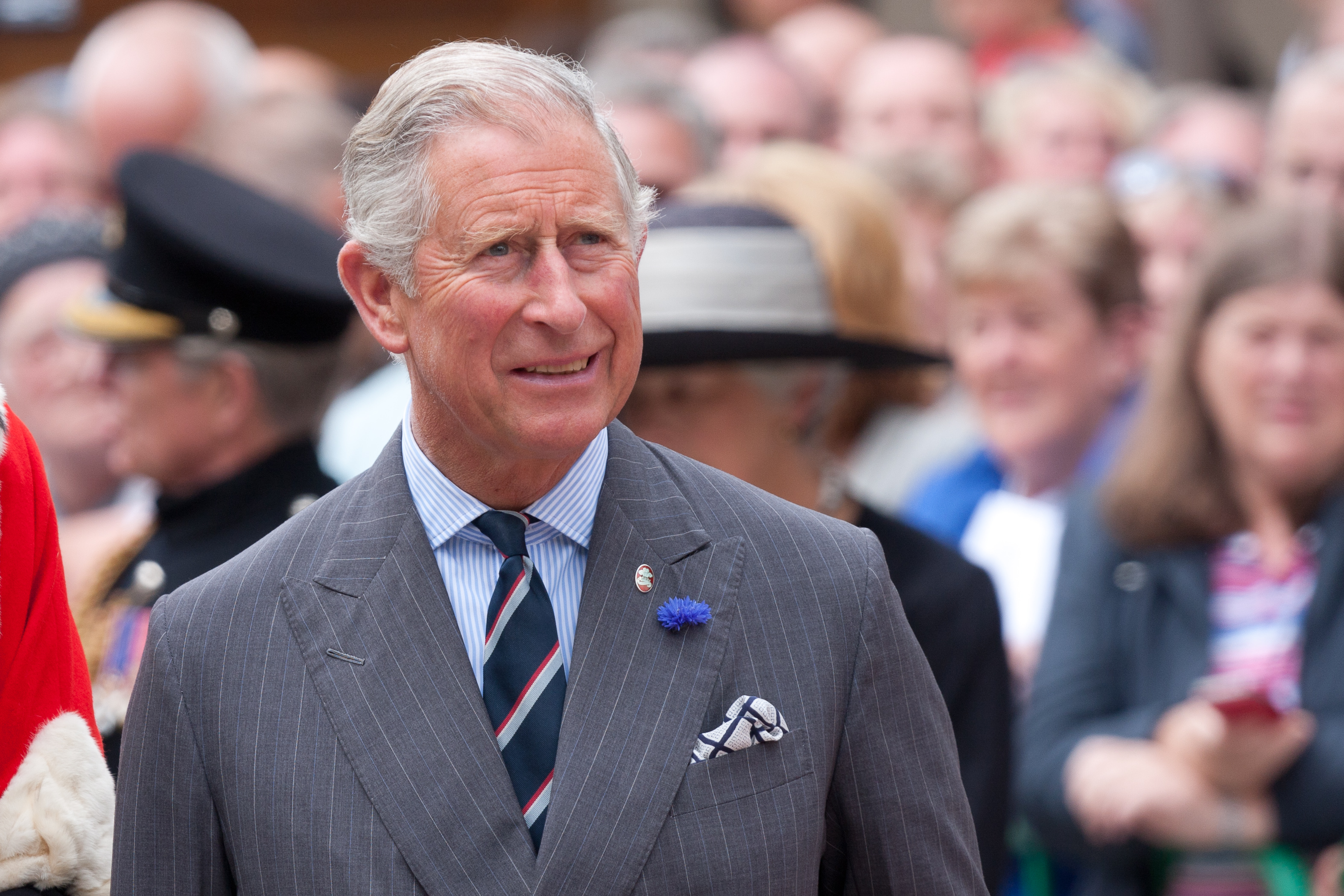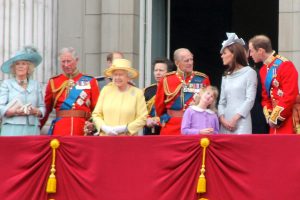By Khadija Khan
British society remains grief-stricken after the death of Queen Elizabeth II, who was widely admired for the commendable service to her country. Her eldest son, King Charles III, will be crowned on May 6.
The new King has been receiving much adoration and reverence from the British people, as well as some criticism for having a Coronation amid a current cost of living crisis in the UK.
But whatever your opinion of the coronation or indeed the monarchy, this is the beginning of a new era in British history – and I believe that every new era brings new hopes of prosperity and welfare.
While the centuries-old institution retains popularity amongst the British people, many of them don’t see the monarch as a divinely ordained sovereign. Nevertheless, they do have an incredible emotional attachment with the day-to-day lives of members of the Royal family members.
They see them as an imperishable link between past and present day Britain that has evolved into a modern, secular, democratic society.
The King expressed his commitment to the country in a very inclusive address. ‘Whatever may be your background or beliefs, I shall endeavour to serve you with loyalty, respect and love,’ he said.
Nevertheless, some observers have wondered if the Coronation ceremony should be reformed. They say that the 17-century statutory rules to govern monarchy were drafted to run what was then an Anglican and Protestant nation.
Modern day Britain, however, represents the values of the Enlightenment, and is a pluralistic society where people of all faiths and none live together and are treated equally under the law of the land. Oaths based on religious beliefs are clearly in stark contrast to a secular, democratic Britain.
Therefore, it might be time for the King to consider reaffirming his commitment not only to a certain faith group, but to all people living in the UK.
This would not only make the King representative of his subjects, but also paves the way to ending the continued religious entitlement that remains at odds with the notion of equality and human rights for all in society.

We cannot deny the fact that we are currently fighting a war with religious fundamentalists who are hell-bent on bringing blasphemy laws and sectarianism in British society under the pretext of protecting religious sensibilities.
The unrest in Leicester between Hindu and Muslim mobs is one example of when people are emboldened to use ultra-orthodox religious views to assert their presence in social and political discourse.
The fact that a British teacher from Batley Grammar School is still living in self-imposed exile in his own country – because Muslim fundamentalists felt offended when he showed a cartoon of the Prophet Muhammad in a lesson on free speech – is alarming.
And just recently, four pupils were suspended from school for offending religious zealots. An autistic 14-year-old boy received multiple death threats. His mother was made to apologise before the elders and the Muslim community at the local mosque.
All this stresses the fact that religious fundamentalism is a genuine problem and a challenge that needs immediate attention from the authorities. But, sadly, whenever religious intolerance rears its head, there is hardly any response to firmly tackle the issue.
Instead of making allies with moderate voices, authorities pander to the fanatics. Presumably, they would rather not offend the religious thugs gathering outside the British school gates – even when they are making death threats.
This reprehensible attitude is antithetical to everything a progressive society should stand for. Diversity of opinions, freedom of speech and tolerating opposing views is the bedrock of our society, which sets us apart from authoritarian or theocratic regimes where despots reign.
Therefore, the fact that Britain is a diverse and pluralistic society needs to be stressed not only through our democratic institutions, but also from the constitutional monarchy.
If social cohesion and democratic engagement are desirable, then surely no religious group or beliefs must be given any privilege over another, not even in theory.
Our laws are based on the values of the Enlightenment, not a rigid interpretation of Christian texts. The virtue of tolerance and flexibility to adapt to new ways of the modern age has been a key value in British society.
Therefore, we need a monarchy that is both politically and religiously impartial to represent a progressive Britain.
And, above all, the new King should find a way to win over the hearts and minds of all his subjects. After all, human dignity remains a top priority for those who are entrusted with the responsibility of public service.

Khadija Khan is a journalist and commentator based in London. You can follow her on Twitter.

